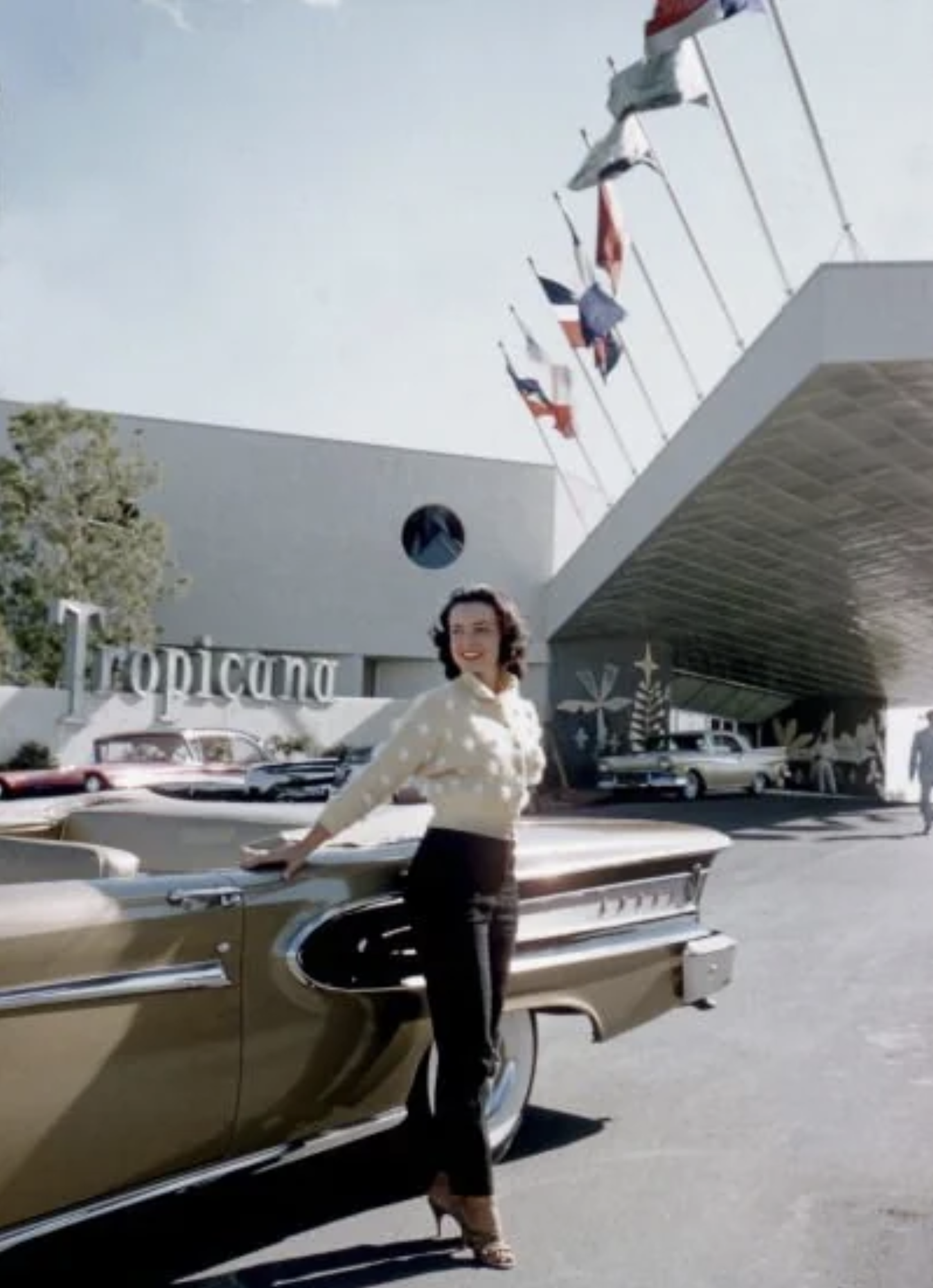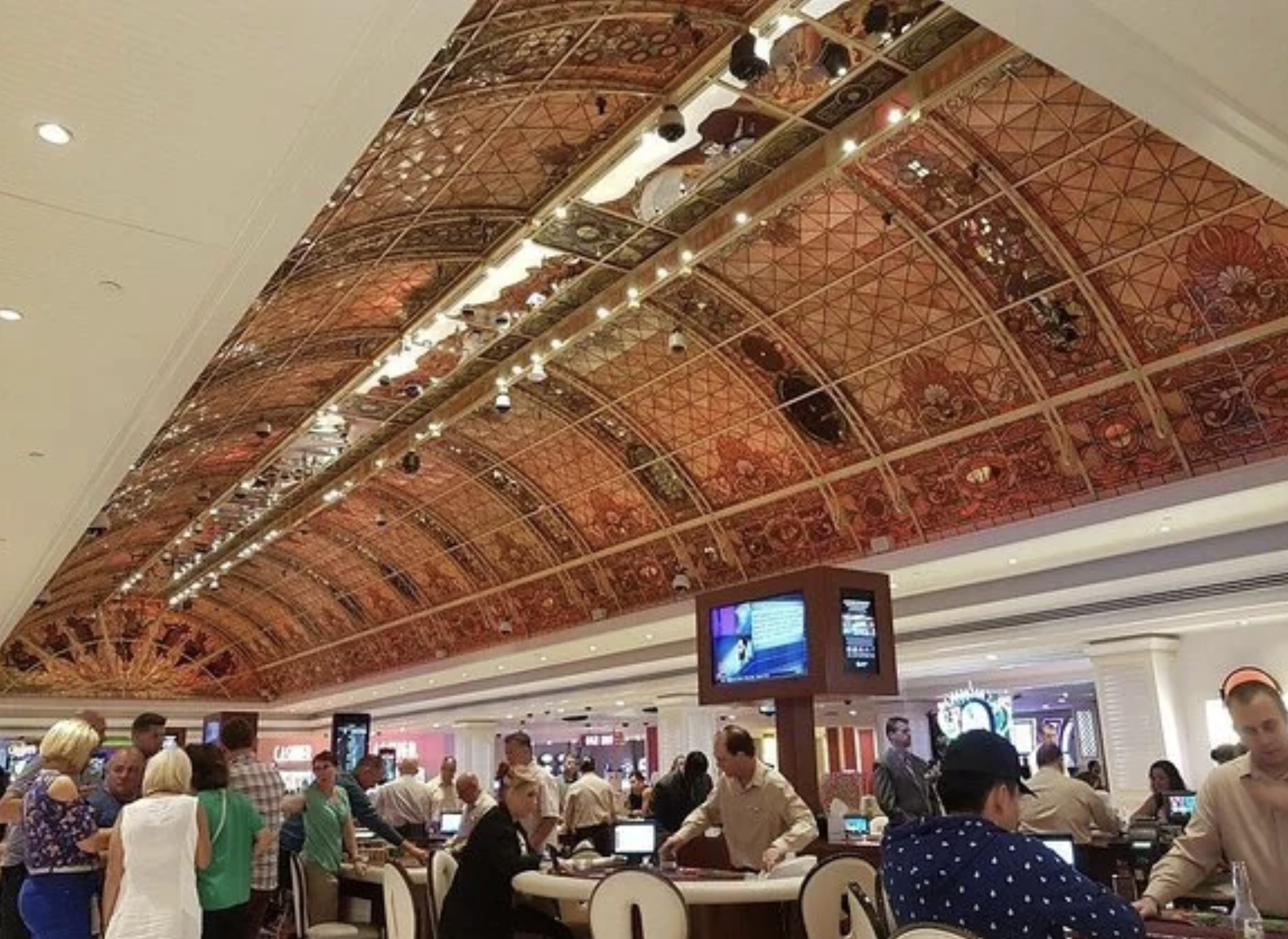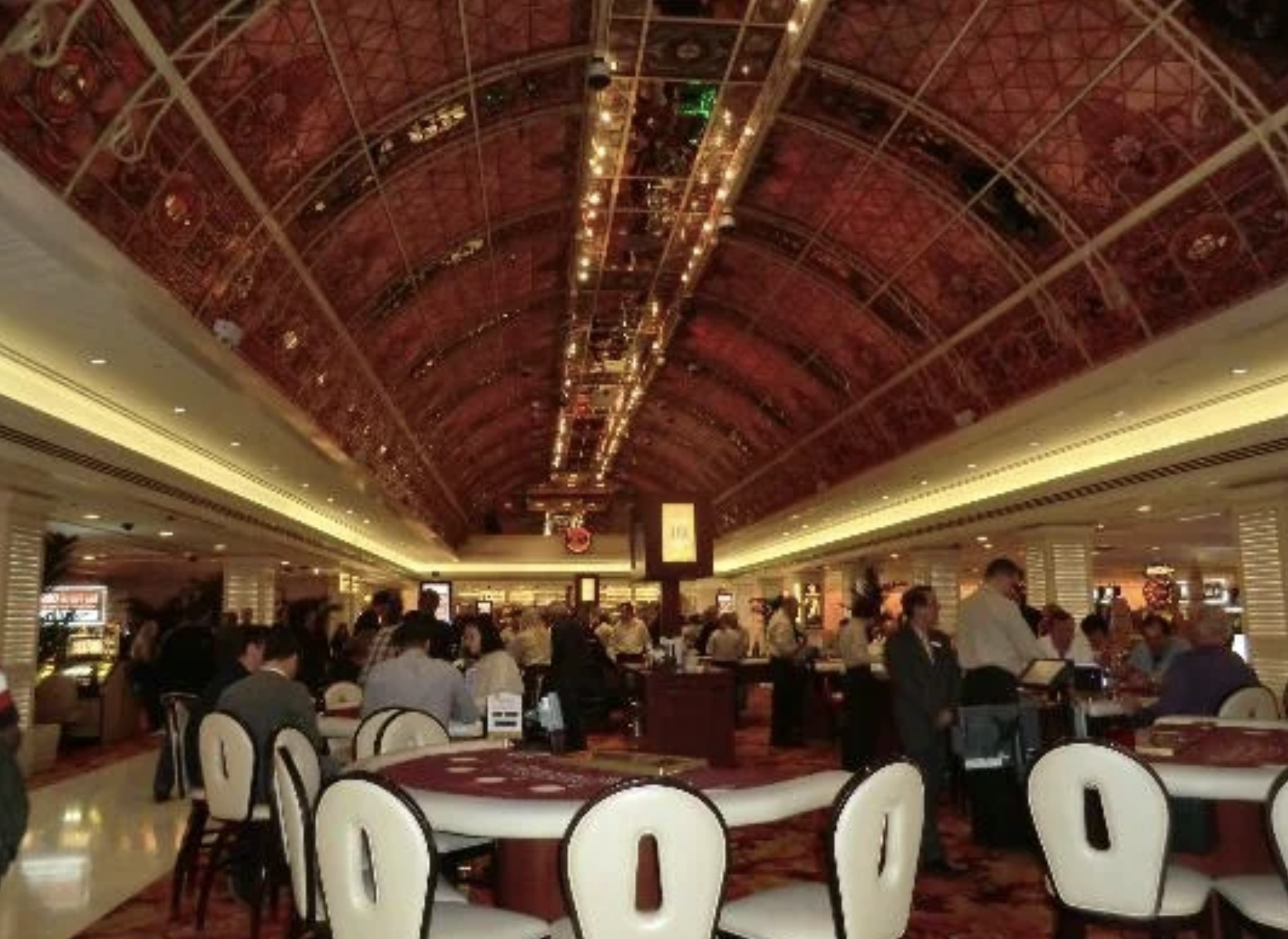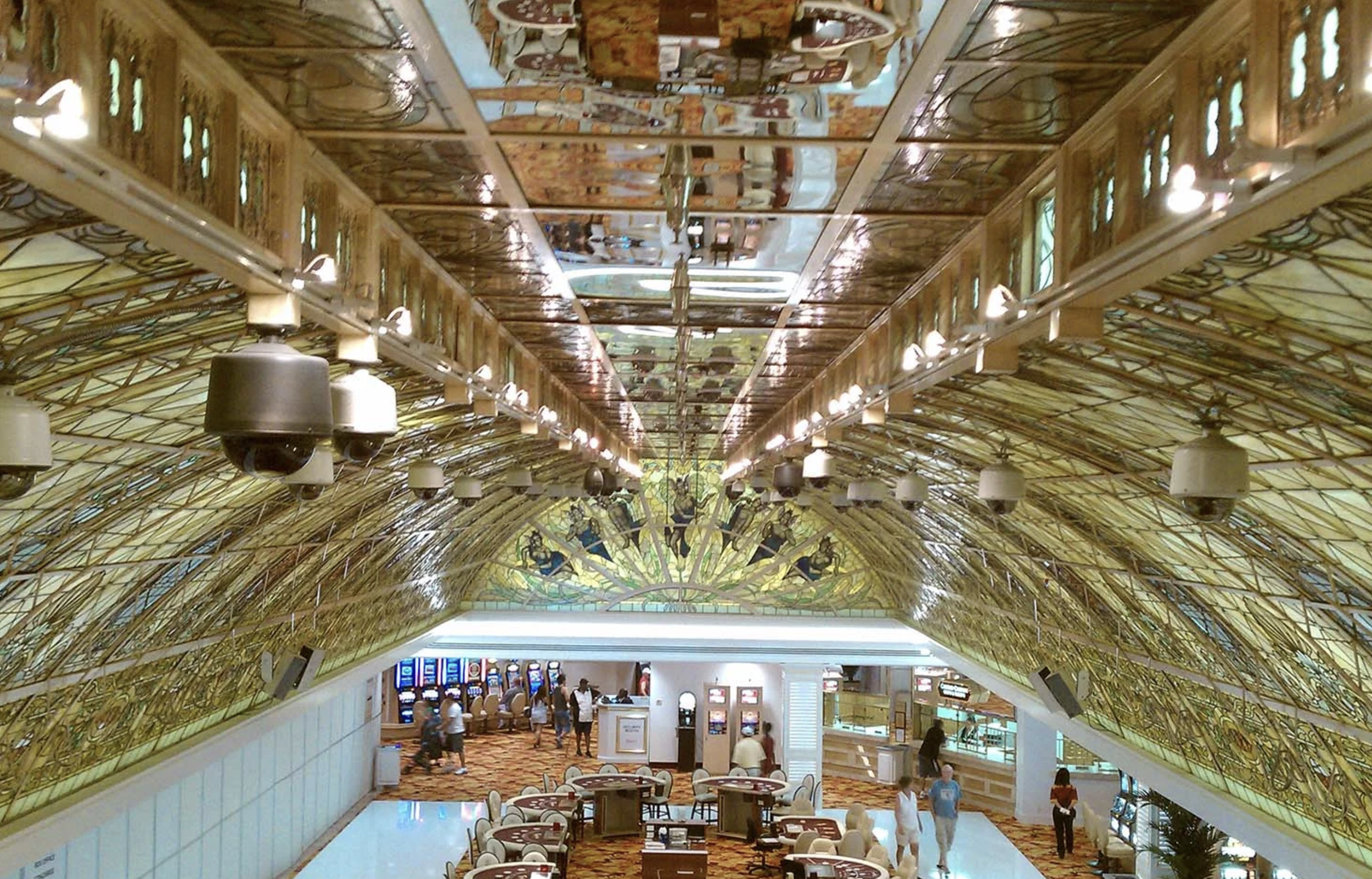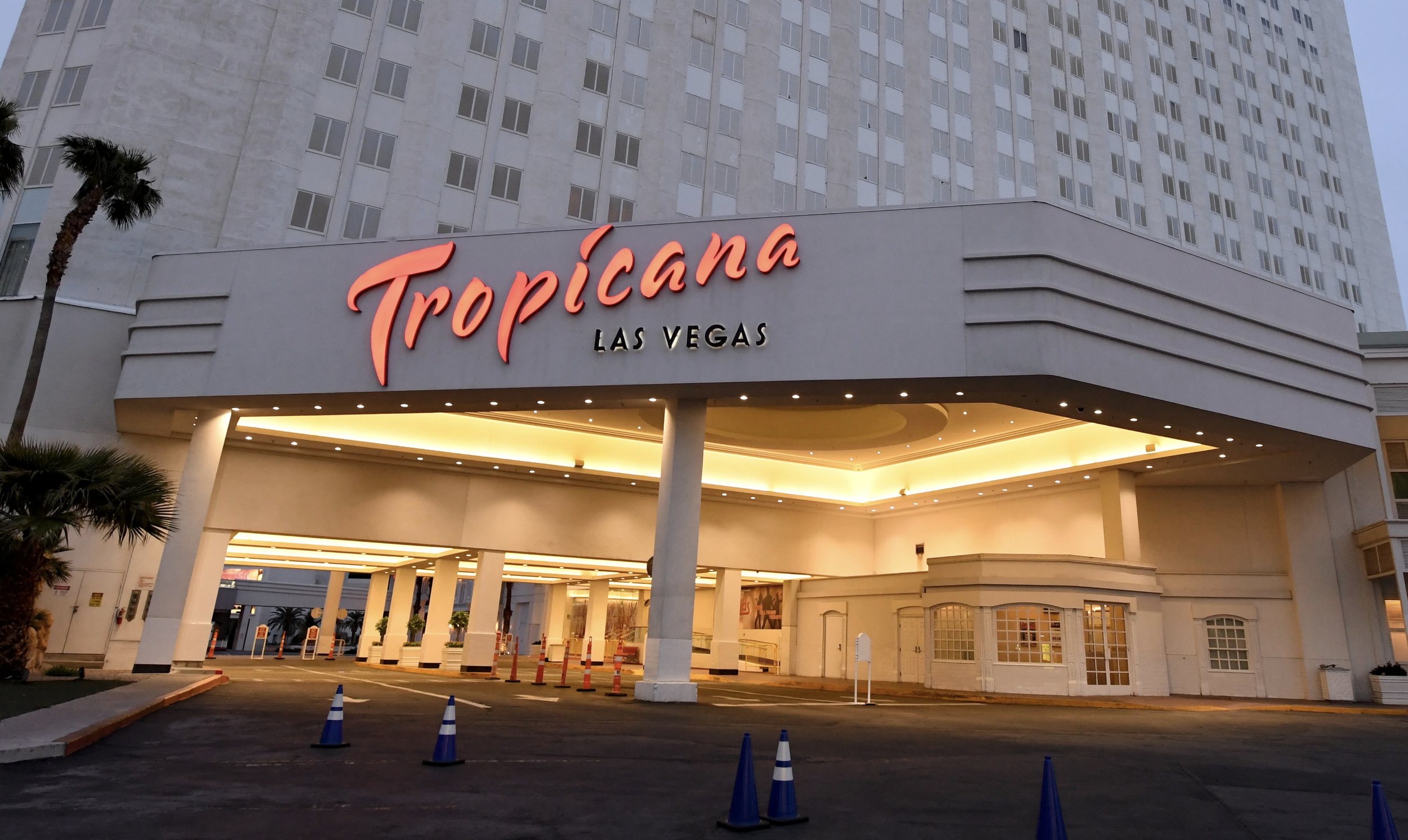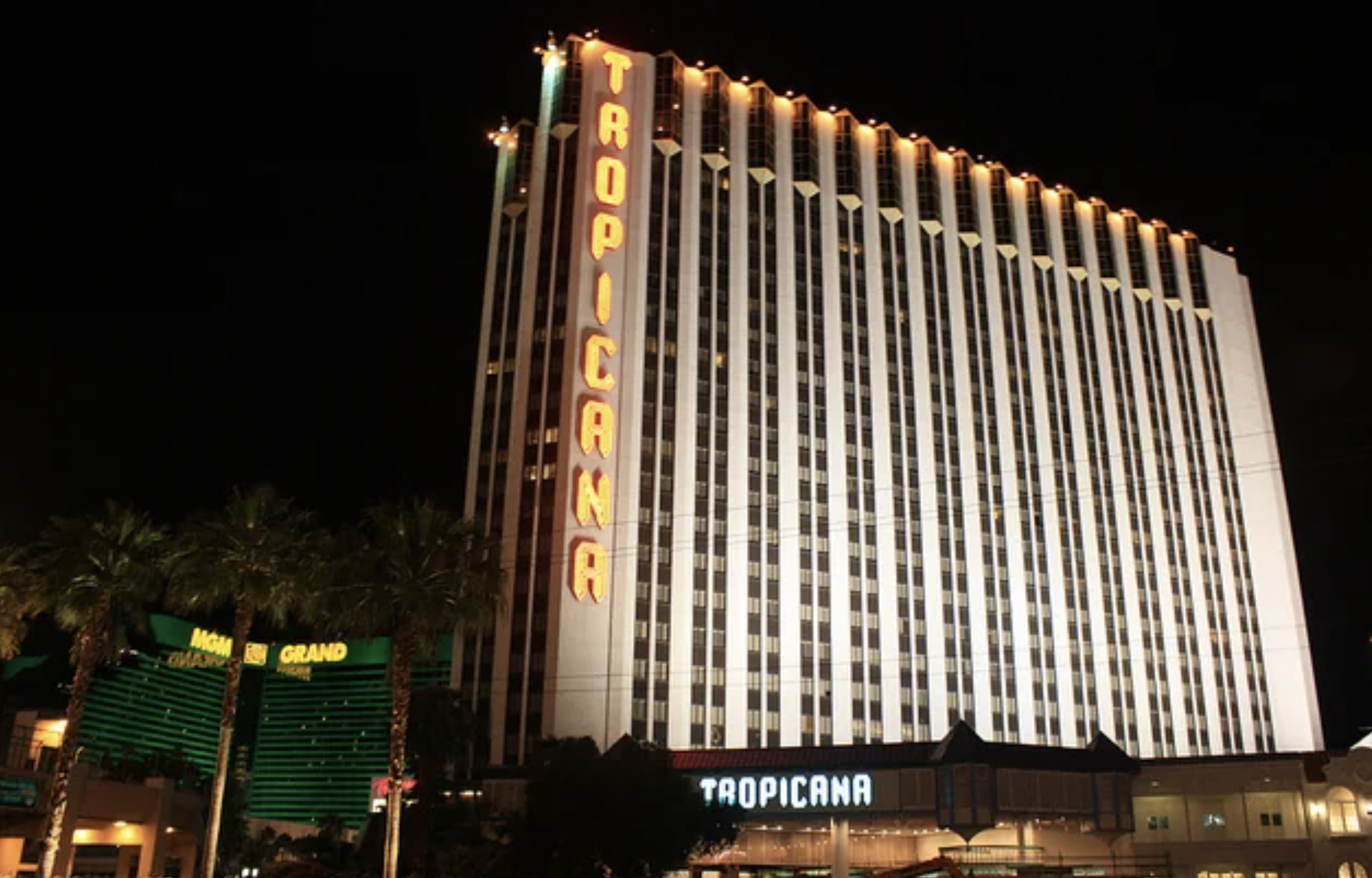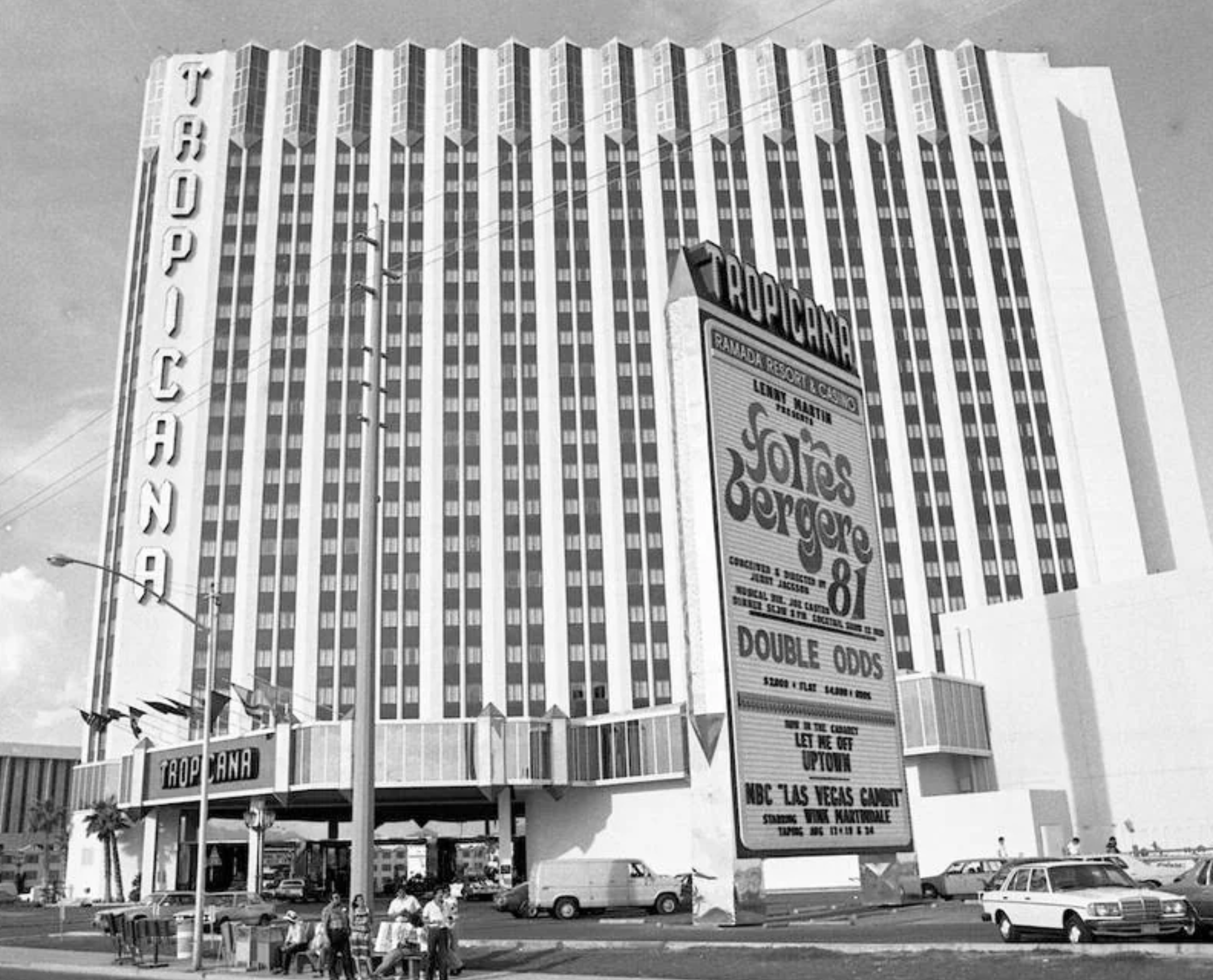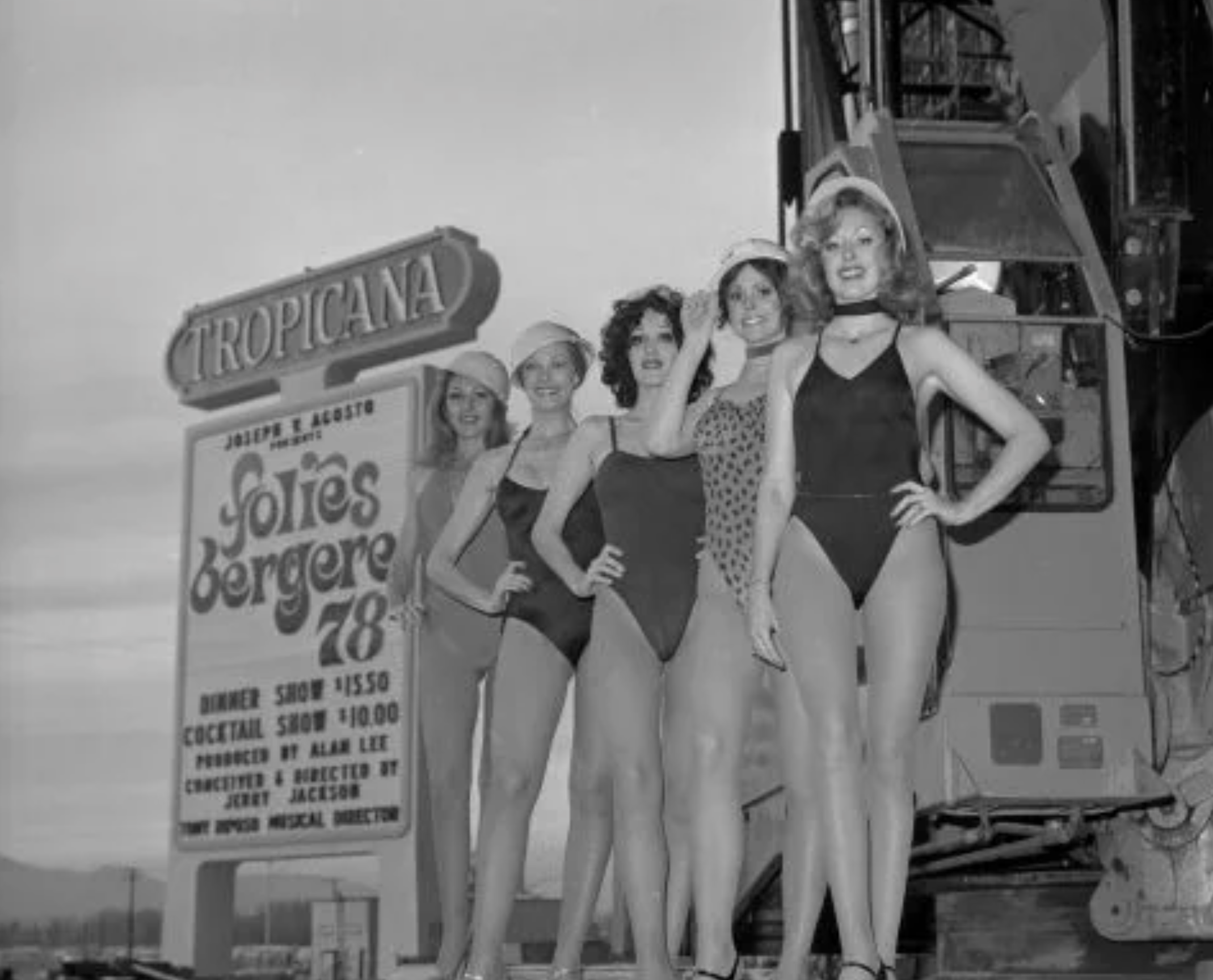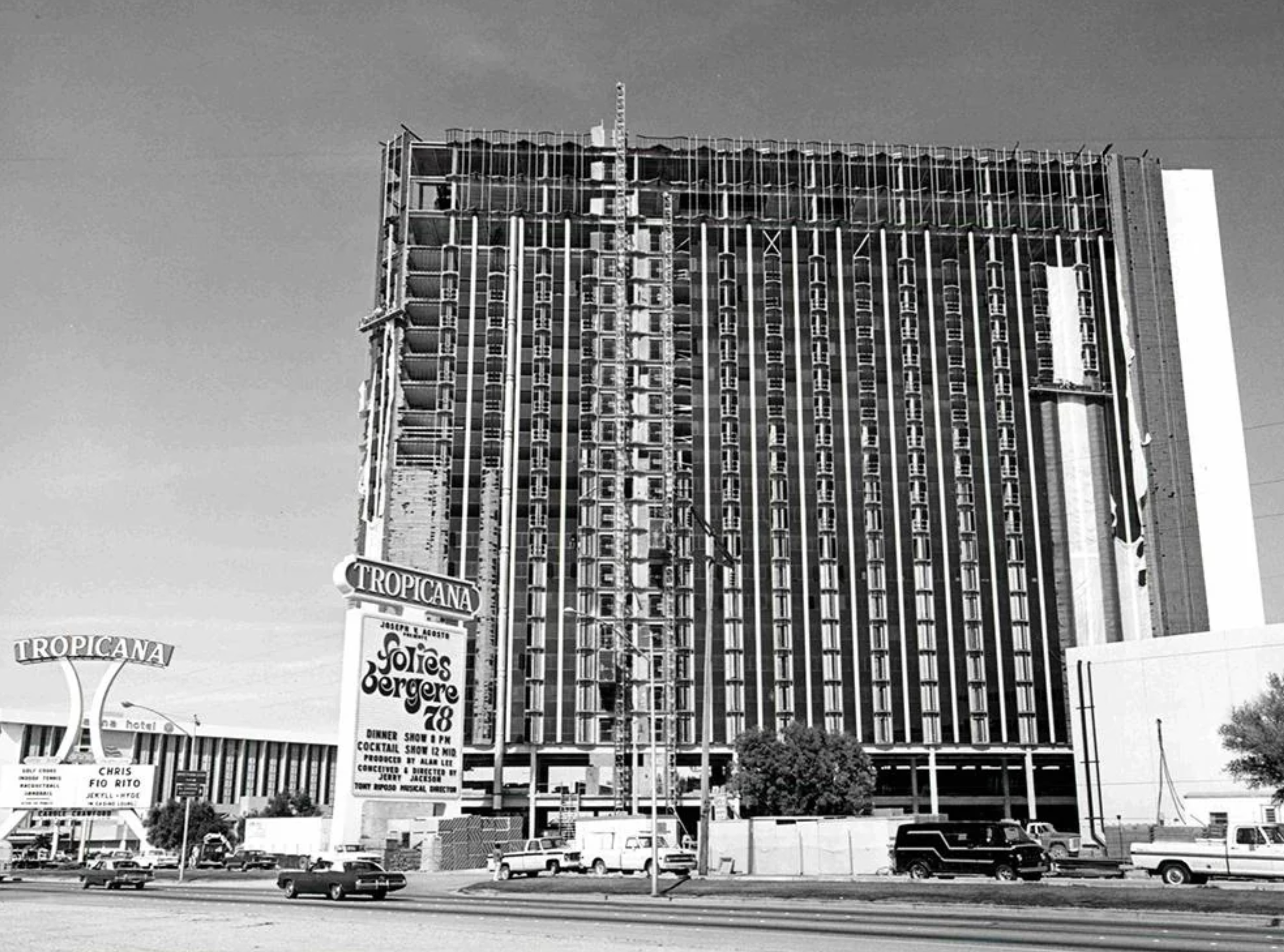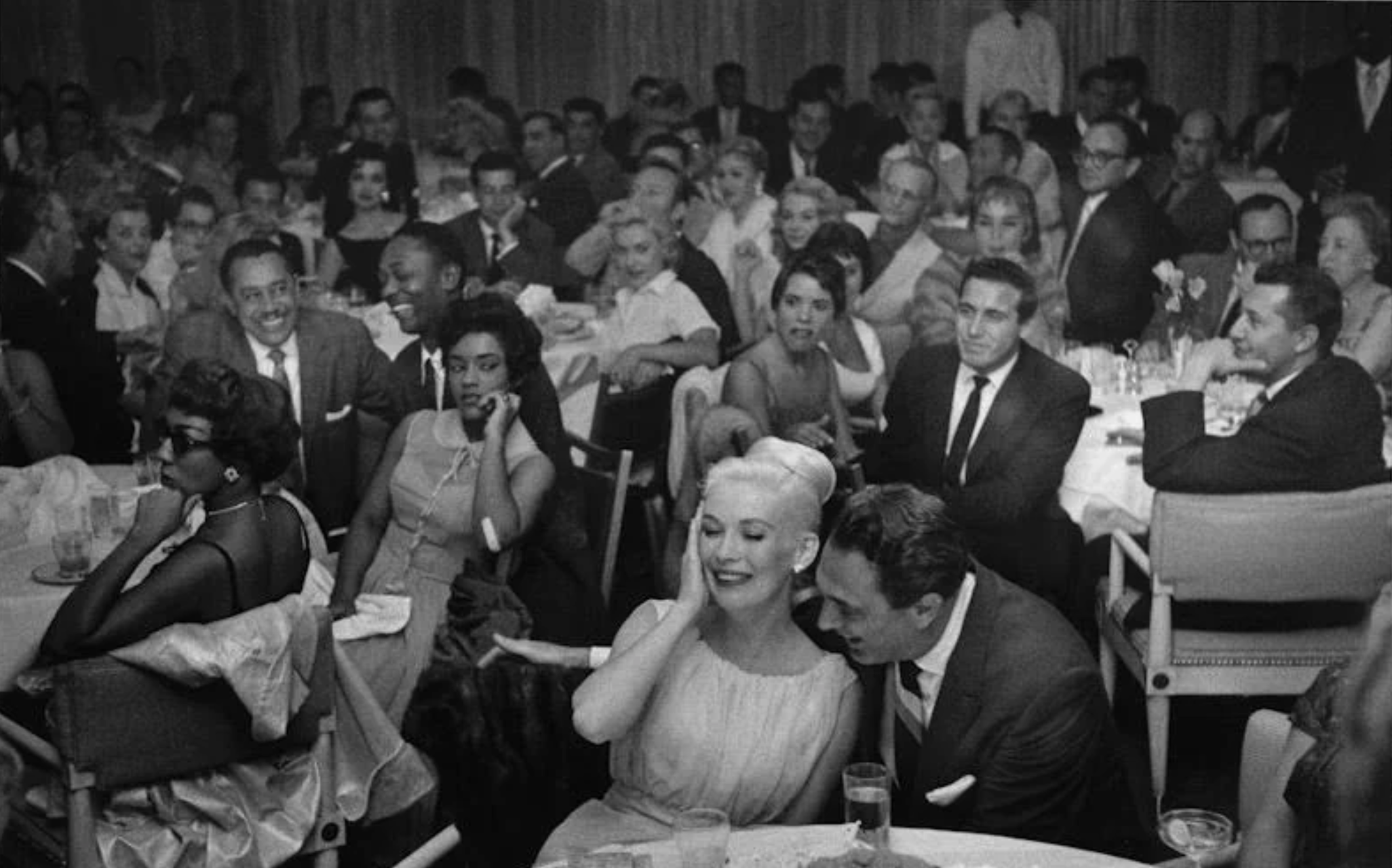End of an Era, Beginning of a Legacy: The Tropicana's Closure and Las Vegas's Evolution Towards Sports Entertainment
By Stephen Crystal
As the sun sets on the Tropicana Las Vegas Hotel, memories spanning over six decades are being bid farewell. It's an iconic venue that has etched its name in the annals of Las Vegas history, standing as a witness to the city's evolution. Its closure, slated just two days shy of its 67th anniversary, marks the end of an era.
For many, including myself, the Tropicana holds a special place in our hearts. Its vibrant energy, its legendary cabaret, The Folies Bergere, and its status as one of the city's longest-standing Strip casinos have made it a landmark for both locals and tourists alike. However, amidst the ever-changing landscape of Las Vegas, the Tropicana's struggle to remain relevant in the face of modern megaresorts became apparent.
The decision to close the Tropicana isn't just about bidding farewell to a historic venue; it's about making room for the future. Demolition is scheduled to commence later this year, paving the way for a groundbreaking $1.5 billion Major League Baseball stadium. This move symbolizes Las Vegas' ongoing transformation and its relentless pursuit of progress.
As the Founder & CEO of SCCG Management, headquartered adjacent to this iconic landmark, I've witnessed firsthand the shifting tides of Las Vegas. For decades, our operations have been deeply rooted in this vibrant city, adapting and thriving alongside its growth. The closure of the Tropicana and the emergence of the new stadium represent more than just changes in infrastructure; they signify a new chapter in Las Vegas' narrative.
Las Vegas has long been synonymous with entertainment, but in recent years, there has been a concerted effort to diversify its offerings. The influx of professional sports teams, including the soon-to-be Las Vegas Athletics, underscores this shift. Sports have become integral to the city's identity, serving as both a source of entertainment and a driver of economic growth.
The decision to allocate approximately 9 acres of the former Tropicana site to the Athletics for their new stadium speaks volumes about the city's commitment to fostering a thriving sports culture. Renderings of the proposed 33,000-seat stadium promise a state-of-the-art facility that will undoubtedly attract fans from near and far.
While bidding farewell to the Tropicana may evoke nostalgia and a sense of loss for some, it's important to recognize that this closure marks the beginning of something new. Las Vegas continues to reinvent itself, embracing change while honoring its rich history. As we look towards the future, let us celebrate the enduring spirit of this remarkable city and embrace the opportunities that lie ahead.


